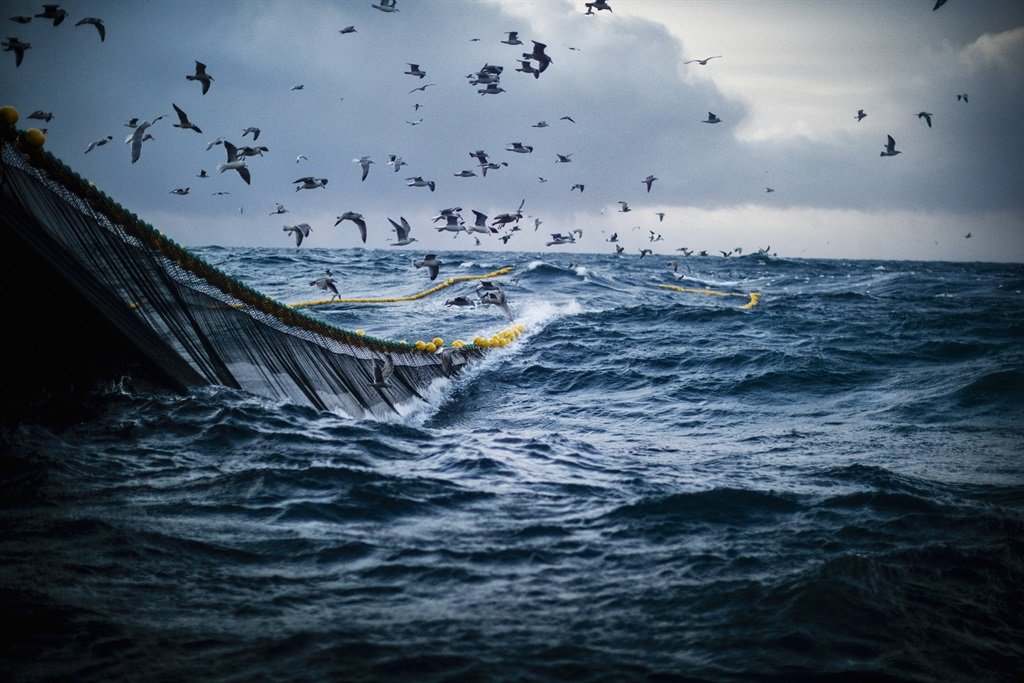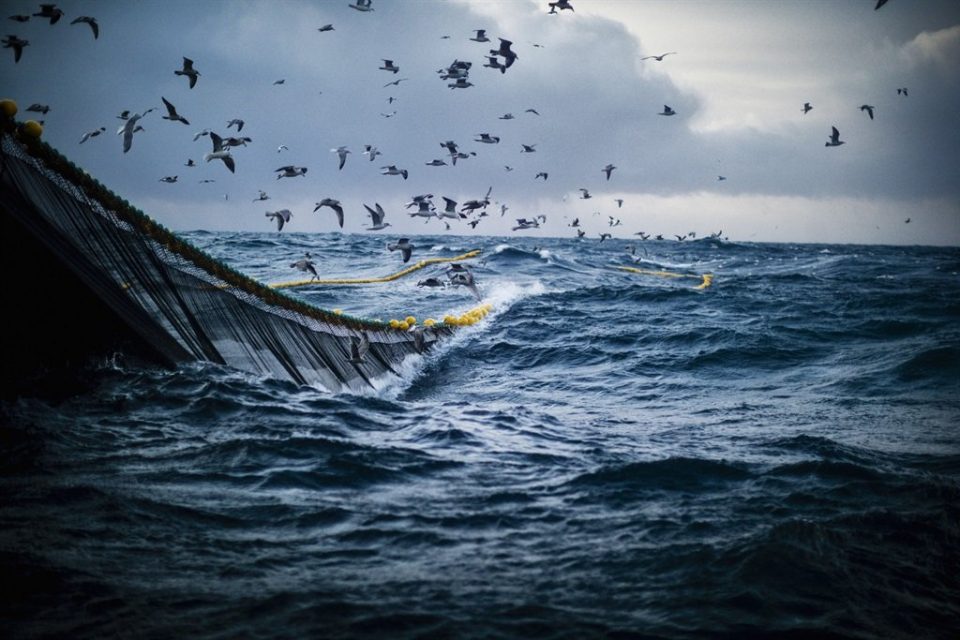
Fishing quotas, supply chain disruptions and input costs created a challenging environment for Sea Harvest.
- Sea Harvest’s share price nosedived by more than 7% shortly
after markets opened on Monday. - The fishing group said reduced fishing quotas, cost
pressures and supply chain disruptions made for a challenging half-year. - Shareholder earnings dropped 10% compared to the same period
last year. - Get the biggest business stories emailed to you every weekday or go to the Fin24 front page.
Fishing Group Sea Harvest’s earnings have taken a knock following
a “challenging” half-year.
The group released its interim results for the six months
ended 30 June this year. While the group managed to grow revenue by 29% to R2.7
billion, compared to the same period last year, its shareholder earnings took a
knock of 10% to 65 cents.
The group’s share price, which opened at R12.45 on Monday,
dropped 7.47% to R11.47 shortly after markets opened. Just before 10:00 it had
picked up again to around R12.44.
In a notice to shareholders, Sea Harvest explained that
quota losses from the Fishing Rights Allocation Process, significant input cost
pressure, and supply chain disruptions contributed to a challenging environment.
Notably, its South African fishing segment faced a 10%
decrease in the available hake quota volumes, a significant increase in the
price of fuel, and a stronger rand, the notice indicated. Revenue still
increased 8% to R1.42 billion – mainly due to “firm export markets”
and strong pricing. However, increased selling and distribution expenses linked
to local and export freight rates ate into operating profits for the segment,
which was down 25% to R236 million.
During the same period, Sea Harvest completed its
acquisition of Australian marine company MG Kailis – for R765 billion. Sea
Harvest said the acquisition is a “significant step” in its
international seafood growth strategy – specifically focusing on high-value seafood
species. Revenue from the Australian segment increased 17% to R270 million.
“After absorbing R13 million in acquisition-related costs, the segment
recorded operating profit of R4 million (down from R5 million
previously).”
READ | Sea Harvest inks R785 million agreement to acquire
Australian marine company
The group explained that its aquaculture segment’s revenue
climbed 55% to R56 million due to increased abalone sales volume, firmer
pricing and a weaker rand to the US dollar. “The improved performance of
the abalone division resulted in the aquaculture segment reducing its operating
loss by 51% to R18 million.”
The Cape Harvest Foods segment (which includes Ladismith
Cheese) revenue climbed 85% to R956 million. Cape Harvest acquired BM Foods,
which makes olive and pickled products and cheesemakers Mooivallei in 2021. The
segment’s operating profit increased 44% to R55 million.
Sea Harvest’s financing costs increased 79% to R52 million –
due to higher debt and interest rates.
No interim dividend was declared.


